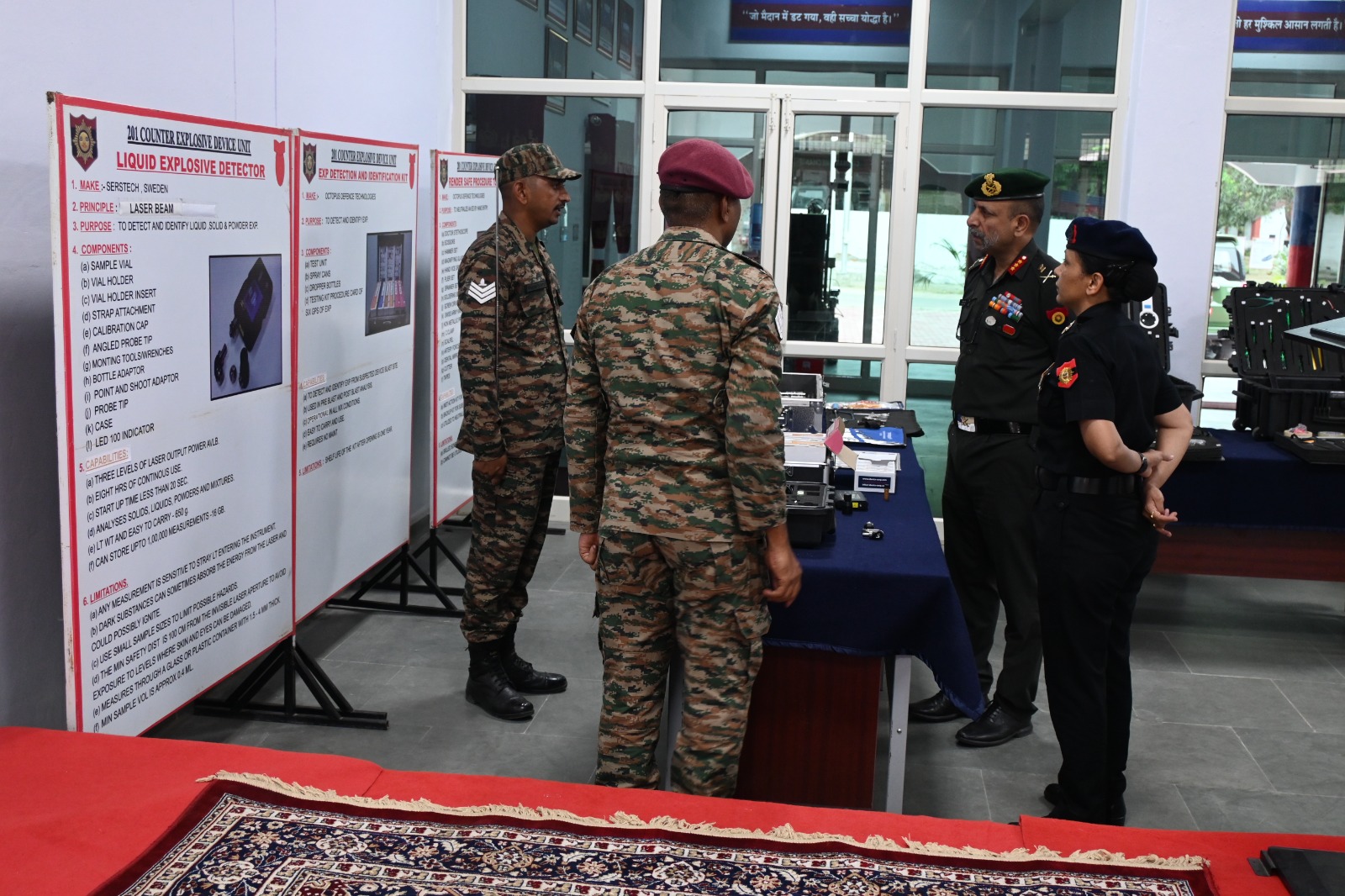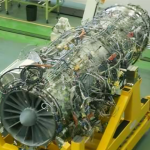Lieutenant General Vikas Rohella, Director General of Land Warfare and Equipment (DGLWE) and Colonel Commandant of the Bombay Sappers, visited the 201 Counter Explosive Device Unit (CEDU) at the College of Military Engineering in Pune, reaffirming the Indian Army’s commitment to counter-IED preparedness and operational excellence.
During the visit, Lt Gen Rohella reviewed the unit’s training infrastructure and lauded the innovative counter-explosive techniques developed by the 201 CEDU, also known as the “Surya Disposers.” The unit demonstrated advanced bomb disposal robots, tactical training systems, and modern techniques designed to neutralize explosive threats in high-risk combat zones. Commending the professionalism of the personnel, Lt Gen Rohella urged them to maintain their high standards and continue their contributions to national security.
The 201 CEDU forms a specialized part of the Bombay Sappers, a distinguished regiment of the Indian Army Corps of Engineers with a legacy dating back to 1780. The Bombay Sappers are known for their role in combat engineering, infrastructure construction, and emergency response. The CEDU’s focus on improvised explosive device (IED) threats is crucial in light of the Ministry of Home Affairs’ 2024 report, which recorded over 1,200 IED-related incidents across India, underscoring the pressing need for such dedicated units.
The College of Military Engineering, situated in Dapodi along the Old Mumbai-Pune Highway, plays a vital role in training Army engineers and counter-IED specialists. The facility is equipped with high-end robotic ordnance disposal systems and tactical simulation tools that replicate real-world battlefield scenarios. These capabilities are aligned with India’s broader military modernization goals under the Aatmanirbhar Bharat initiative, which emphasizes self-reliance in defense technologies.
Lt Gen Rohella’s inspection follows a recent visit by Lt Gen Dhiraj Seth, General Officer Commanding-in-Chief of the Southern Command, who on June 1 reviewed technological advancements at the Bombay Sappers headquarters in Kirkee. Both visits signal a sustained push by the Indian Army to bolster its engineering and counter-explosive competencies.
The efforts of the 201 CEDU also reflect India’s alignment with global best practices in counter-IED strategies, including collaborations with international bodies like NATO’s Counter-Improvised Explosive Devices Centre of Excellence in Spain. These engagements ensure that Indian forces remain equipped to adapt to the evolving dynamics of modern warfare.
With their enduring motto “Sarvatra” (Everywhere), the Bombay Sappers continue to stand as a pillar of India’s defense capabilities, blending tradition with cutting-edge innovation to confront emerging security challenges.













